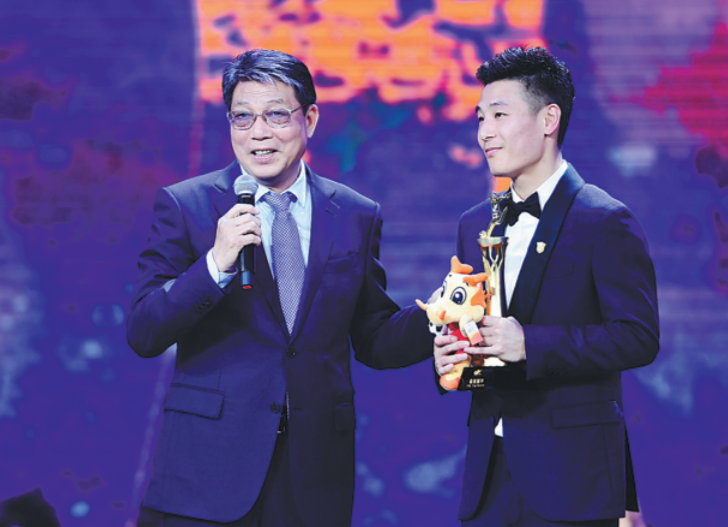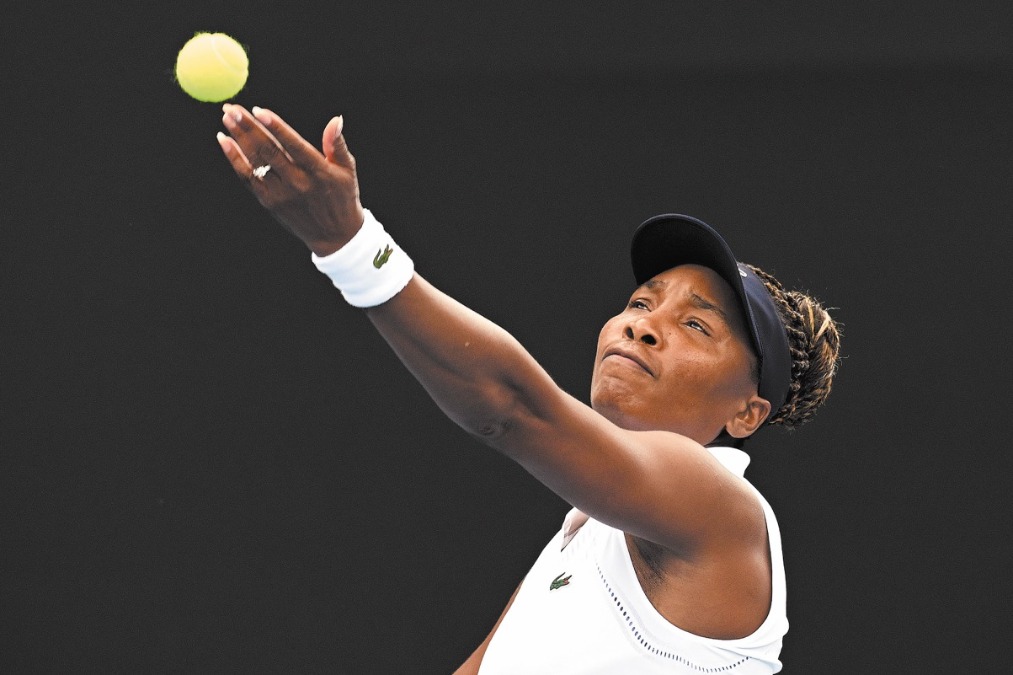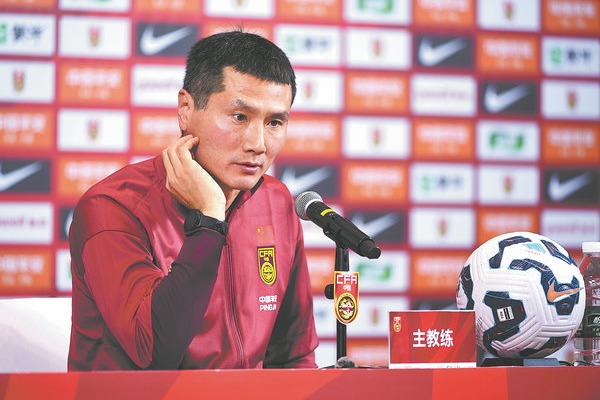Tracing the seeds of Shanghai's success


SIPG's CSL triumph 18 years in making thanks to visionary Xu Genbao
When Shanghai SIPG hoisted the Chinese Super League (CSL) trophy for the first time last November, some were quick to attribute the club's maiden title to the influence of big-name Brazilian signings Oscar and Hulk
Others lavished praise on Chinese striker Wu Lei, who outgunned a legion of foreign hotshots to finish as the league's leading scorer with a tally of 27.
Those who know SIPG's history, however, would argue that it is the so-called "godfather of Shanghai soccer", Xu Genbao, who deserves the most credit.
Without Xu, SIPG would simply not exist, while Wu's talent could easily have gone untapped.
The story begins at the turn of the century.
"When I was competing in the Asian Cup in 1999, I saw many talented players in the Japanese team and realized that China needed to have soccer stars of their own. That's why I decided to set up my own academy in China," explained Xu, a former national team captain, at a recent forum organized by Shanghai University of Sport, Jiefang Daily and the Sports Bureau of Shanghai.
Inspired by English giant Manchester United's famed academy, Xu borrowed 23 million yuan (around $3.2 million at today's rates) from a bank and invested 33 million yuan to build a training center on Chongming Island, located north of downtown Shanghai.
"You needed 1.5 million yuan to buy a house in 2000. Thirty-three million was a lot, but I never thought about the returns," he said.
Despite its secluded location, the five-hectare Genbao Soccer Base received about 2,000 applications when it opened for business in 2000. Ninety-six kids, ranging from 9 to 12 years old, were selected as the first batch of trainees.
Three years into its existence, Genbao teams finished first and second at the 2003 Shanghai Under-15 Soccer Championship. In 2009, a team from the academy representing Shanghai won a prestigious National Games title.
But Xu's ultimate goal was for the school's best players to compete at the very highest level in China. So, in 2006, he founded a new professional club, Shanghai East Asia.
The club started out in the third tier, China League Two, and won promotion to League One in 2008.
Off the pitch, however, trouble was brewing. Xu was struggling to pay 200,000 yuan in monthly loan repayments, not to mention the salaries of 40 employees and the 20,000 yuan worth of living subsidies for each trainee.
To balance the books, Xu was forced to trade several of his top players in 2010.
Most Popular
- China ties Iraq 0-0 in its U23 Asian Cup opening match
- A learning curve
- Russian team wins Harbin International Ice Sculpture Competition
- Worldloppet ski season opens with Changchun cross-country event
- Women's half-marathon draws 20,000 runners to Guangzhou
- Picture perfect





























